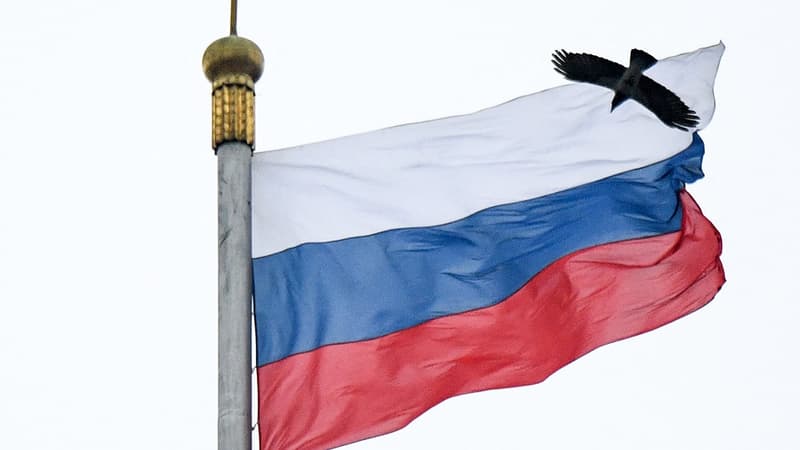“We have to deprive ourselves.” Faced with a collapsing ruble, inflation and sanctions, Muscovites admit to worrying about their standard of living, though some say they are willing to make these sacrifices, in the name of Russia’s might. This Wednesday, he took 107 rubles for 1 euro and 97 for a dollar. A year earlier, the exchange rate was hovering around 60 rubles, a fact that significantly undermines the wallets of Russians who consume imported products.
At the same time, inflation has been rising since the beginning of spring (3.25% in June), forcing the Russian Central Bank (BCR) to raise its reference rate to 8.5%, the most obvious way to fight price increases. At 63 years old, Igor Inkine has lived through the ups and downs of the Russian economy in his life: the scarcity of the Soviet era, the chaos of the 1990s or the 1998 crisis that swallowed up Russian savings.
And today, “we have to deprive ourselves of many things”, laments the former businessman, now retired, assuring that care must be taken when buying pastries, but also with respect to “the little pleasures of everyday life”. He considers the current situation “very worrying, especially for us pensioners”.
rush on withdrawals
Russian President Vladimir Putin insists that the economy has resisted Western sanctions adopted in response to his attack on Ukraine. However, a growing number of Russians are facing a rising cost of living. With average pensions of a few hundred euros, retirees are the first to be affected, those who are already working in large numbers to supplement their income. And the situation does not encourage optimism among young people either.
Sign of these fears, for example, the Russians rushed to withdraw their savings when Wagner’s group mutinied. Between June 23 and 25, according to the BCR, they withdrew 1 billion rubles (almost 940 million euros) in cash, about five times more than the usual three-day average. Dmitry Bobrov, a 19-year-old freelance computer scientist, sees prices skyrocket for the computer components he needs to assemble computers.
“With the fall of the ruble, graphics cards, processors… their prices have risen a lot,” he laments, citing the sanctions and the offensive in Ukraine as causes. Walking out of a grocery store, Fiodor Tikhonov, 37, a video editor in the film industry, is also upset by an increasingly expensive life.
“This Can’t Last Forever”
He says he expects Moscow to “negotiate” to end the lifting of sanctions. “It can’t go on forever.” If a further increase in the BCR reference rate is possible in mid-September, the situation in any case is not causing panic in the Russian markets at this stage, according to experts.
“The drop in the ruble was actually quite expected: it reflects the country’s foreign trade” heavily affected by the sanctions, analyzes Arnaud Dubien, director of the Franco-Russian Observatory in Moscow. He says, however, “watch for an outlier: the ruble is weakening even as the price of oil (traditionally tracked by the Russian currency, editor’s note) is rising again.”
Under the effect of the sanctions and given the determination of Europeans to end their energy dependence on Russia, income from the sale of gas and oil – the main source of budgetary income – plummeted 41.4% between January and July, according to figures from the Ministry of Finance, which raises fears that the federal deficit target for this year will be exceeded by 2% of GDP.
replenish the coffers
In this context, the fall of the ruble “also allows the State to rescue its coffers and finance the war effort”, recalls Arnaud Dubien, because for each dollar or euro acquired, the Government will have more rubles to cover its expenses. Meanwhile, many Muscovites hope, like the authorities, that the exit of many Western companies will allow Russian companies to develop and the economy to rest on its own strength.
“Being independent, not depending on other countries,” argues 18-year-old Ksenia Souchkova, a bag with the logo of a major Italian fashion house still on her shoulder. “People have to save, be patient, wait for it to pass,” says the young woman, about to enter university.
Source: BFM TV


